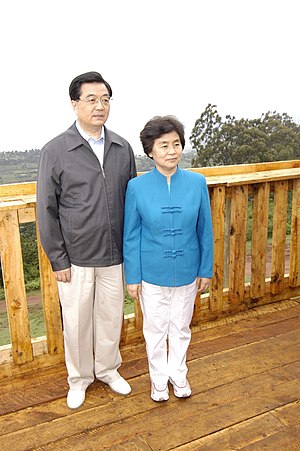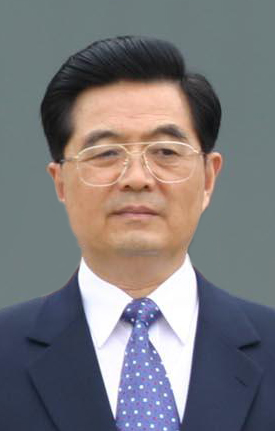What China can learn from the events in Egypt - Shaun Rein
 Shaun Rein by Fantake via Flickr
Shaun Rein by Fantake via FlickrWhile it seems unlikely a revolt could happen anytime soon – most Chinese still firmly support the direction the government is taking the country – the reality is that university graduates could pose a problem in the coming decades if they feel their future options are being limited by corruption or a weak educational system that does not train them properly for the global job market.
What China can take from Egypt’s situation is that it needs to stamp out corruption quicker than it is now. Even when government officials are not corrupt, many assume they are...
Second, while corruption in Egypt is a problem, it is nothing new. It has been an issue since Mubarak rose to power. What is new now is the depths of the financial crisis facing Egypt which is leaving limited employment options for the middle class. That has further stoked Egyptians’ anger at what they see as privilege and corruption among the elites.
To ensure enough good jobs, China needs to reform its education system to prepare its students for a global business world that is fast moving, not just how to take standardized tests.More in CNBC.
Shaun Rein is a speaker at the China Speakers Bureau. Do you need him at your meeting or conference? Do get in touch.
Labels: Bamboo Goalposts: One Man's Quest to Teach the People's Republic of China to Love Football, China Speakers Bureau, corruption, Egypt, Shaun Rein












































